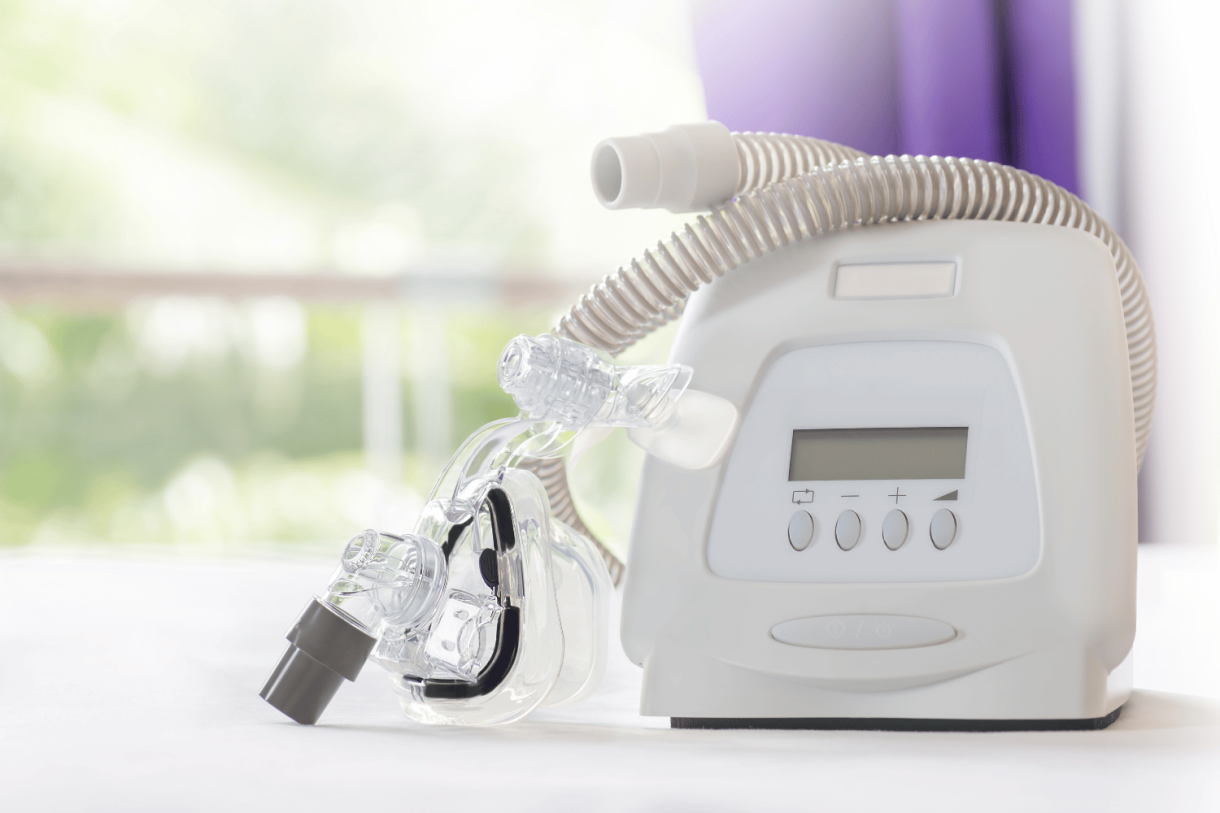
What is a CPAP Machine?
A CPAP machine is a non-invasive medical device used to treat obstructive sleep apnea. It delivers a continuous stream of pressurized air through a mask to keep the airway open during sleep. The device ensures that the airway remains unobstructed, preventing interruptions in breathing. Unlike devices offering varying pressure levels, a CPAP machine maintains a consistent air pressure throughout the sleep cycle. It is commonly used at home or in clinical settings to improve sleep quality and overall respiratory health.
How Do CPAP Machines Work?
CPAP machines function to ensure consistent breathing for individuals with obstructive sleep apnea by delivering a steady flow of pressurized air to keep airways open. To understand how CPAP machines operate, it's essential to explore their key components and roles.
Airflow Generator: This component houses a motor that produces continuous airflow at a fixed level, set to meet the patient’s needs. It creates the positive pressure required to maintain airway patency.
Mask: The mask, available in designs such as nasal, full-face, or nasal-pillow, is worn securely over the nose, mouth, or both. It serves as the pathway for the airflow from the machine to the patient.
Tubing: Connecting the airflow generator to the mask, this flexible tubing ensures pressurized air is delivered effectively without disrupting the user.
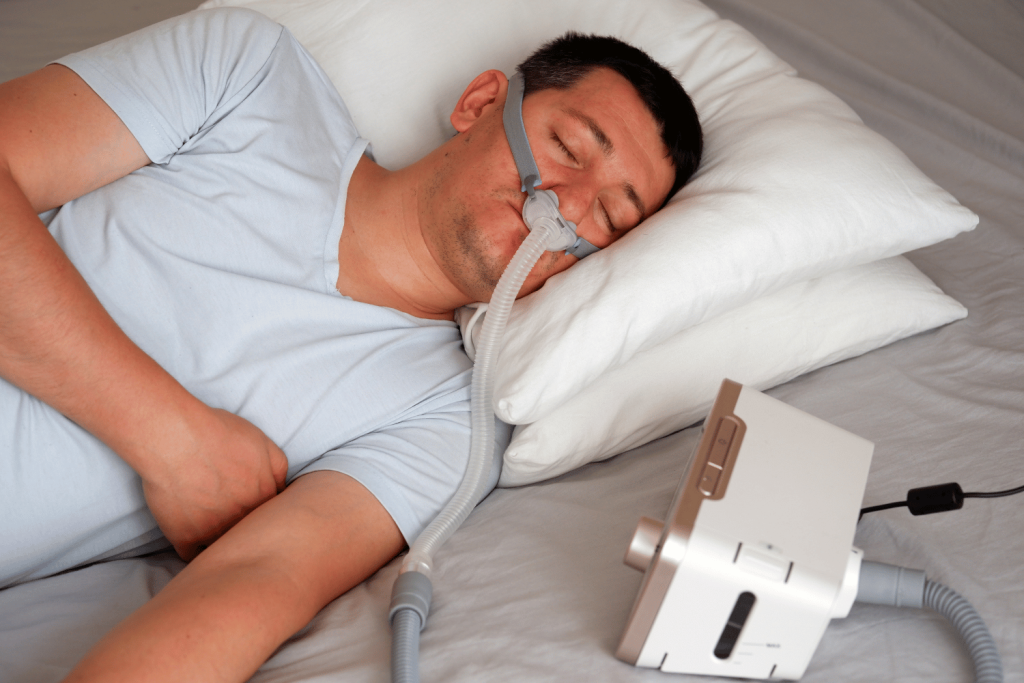
How Do CPAP Machines Work?
Uses of the CPAP Machine
CPAP machines are primarily used to treat obstructive sleep apnea and related conditions. Their main uses include:
Sleep Apnea Treatment
CPAP machines are essential for individuals suffering from Obstructive Sleep Apnea (OSA) or other sleep-related breathing disorders. By continuously delivering pressurized air, these devices help keep the airways open during sleep, ensuring uninterrupted breathing. This reduces snoring, prevents apnea episodes, and promotes restful, high-quality sleep.
Respiratory Support for Sleep-Related Conditions
CPAP machines are also used to manage other sleep-related respiratory conditions. They help ensure proper airflow and oxygen delivery, which is especially beneficial for individuals who experience airway obstructions or reduced lung function during sleep. With consistent use, CPAP machines enhance breathing efficiency and provide relief to those with respiratory restrictions.
Benefits of a CPAP Machine
The CPAP machine is a vital tool in treating sleep apnea, delivering a continuous flow of air to maintain unobstructed breathing during sleep. Here are some key benefits of using a CPAP machine:
Effective Treatment for Sleep Apnea
A CPAP machine provides efficient management for individuals diagnosed with Obstructive Sleep Apnea or other related disorders. By maintaining consistent air pressure, the device keeps the airways open, ensuring uninterrupted breathing and a restful night’s sleep.
Enhanced Comfort and Reliability
Modern CPAP machines are designed with adjustable pressure settings to meet individual patient needs. These settings ensure a stable, comfortable airflow, making it easier for users to adapt. Such enhancements promote long-term compliance and provide a more restful sleep routine.
Reduced Risk of Related Health Issues
Untreated sleep apnea can lead to serious health concerns, such as high blood pressure, heart disease, diabetes, and strokes. With consistent use of a CPAP machine, users can lower their risk of these associated conditions by achieving healthier, more consistent sleep.
Minimized Breathing Challenges
By delivering steady air pressure, CPAP machines address breathing difficulties without introducing additional strain. Unlike some treatments, these help users exhale more naturally, ensuring a consistent, smooth respiratory process throughout the night.
Side Effects of the CPAP Machine
The CPAP machine is generally a safe and effective device for managing sleep apnea, but some users may experience side effects. Here are some common side effects associated with its use:
General Discomfort
Wearing a CPAP mask may initially cause discomfort while sleeping. The mask can feel restrictive, and the connecting hose might make it challenging to sleep in certain positions, especially for individuals who prefer sleeping on their sides. If the air pressure is set too high, it can lead to fatigue.
Claustrophobia
Some users may experience claustrophobia due to the CPAP mask's snug fit around the nose or mouth. This sensation can make it challenging for specific individuals to tolerate wearing the device throughout the night.
Dry Mouth
Dry mouth is a common complaint, particularly for users who breathe through their mouths when using a full-face or nasal mask. The continuous airflow from the CPAP machine causes this symptom.
Sinus Congestion
The constant airflow from the CPAP machine can occasionally cause sinus issues, such as nasal dryness or congestion. For some individuals, this may even result in nosebleeds. Adjusting the machine's humidification settings can help alleviate these symptoms.
Skin Irritation
A CPAP mask that is too tight can cause skin irritation or redness. To minimize this issue, users can consider loosening the mask, investing in mask liners, or exploring alternative mask styles or sizes.
Mask Leakage
An improper fit can cause the mask to leak air, potentially affecting the machine's ability to deliver consistent air pressure. This could disrupt breathing patterns during sleep. Ensuring a proper fit and adjusting the mask seal can help resolve this issue.
Bloating
Bloating can occur when excess air is swallowed during CPAP therapy, leading to symptoms such as stomach discomfort, abdominal pain, nausea, or even vomiting. Adjusting the air pressure or seeking advice from a healthcare provider may be necessary to address this problem.
Alternatives to the CPAP Machine
While CPAP machines are a standard and effective treatment for sleep apnea, alternatives may be considered for individuals who find CPAP uncomfortable or unsuitable for their condition. Below are other options, including BiPAP therapy, which offers distinct advantages tailored to the individual's needs.
BiPAP Therapy
BiPAP (Bilevel Positive Airway Pressure) provides two levels of air pressure—higher pressure during inhalation and lower pressure during exhalation. This feature makes BiPAP a suitable option for patients who experience difficulty exhaling against the single, fixed pressure of a CPAP machine. BiPAP is also recommended for conditions such as neuromuscular disorders or central sleep apnea, providing greater comfort and adaptability.
Oral Appliances
Oral appliances are a less intrusive alternative to CPAP machines. These devices, fitted by a dental professional, work by repositioning the jaw and tongue to keep the airway open during sleep. They are often preferred for mild to moderate obstructive sleep apnea cases due to their portability and ease of use.
Position Therapy
For some individuals, positional therapy can be an effective method to reduce sleep apnea symptoms. This approach involves techniques or devices that encourage sleeping in a non-supine (side-sleeping) position, as sleeping on the back can worsen airway obstruction in some instances.
Lifestyle Modifications
Lifestyle changes can also play a critical role in mitigating sleep apnea symptoms. These may include weight loss, avoiding alcohol or sedatives before bedtime, and establishing consistent sleep hygiene practices. While not always sufficient on their own, such changes can complement other therapies to improve outcomes.
It is essential to discuss these alternatives with a healthcare provider to determine the most appropriate treatment based on the severity of the apnea and the individual’s specific needs and preferences.
Get Better Sleep with CPAP Machines
CPAP machines are a proven solution for managing obstructive sleep apnea, improving sleep quality, and reducing health risks. By maintaining open airways during sleep through continuous positive air pressure, these devices ensure a steady breathing pattern throughout the night.
What sets CPAP machines apart is their simplicity and effectiveness in therapy delivery. With proper adjustments and regular use, they can significantly reduce symptoms such as snoring and daytime fatigue, helping you wake up feeling refreshed and revitalized.
Additionally, CPAP machines are available in various models with customizable settings, making it easier to find one that suits your needs. Consulting with a healthcare provider ensures you choose the right device and receive proper guidance for optimal use. By incorporating a CPAP machine into your nighttime routine, you can enjoy more profound, more restorative sleep and better overall health.


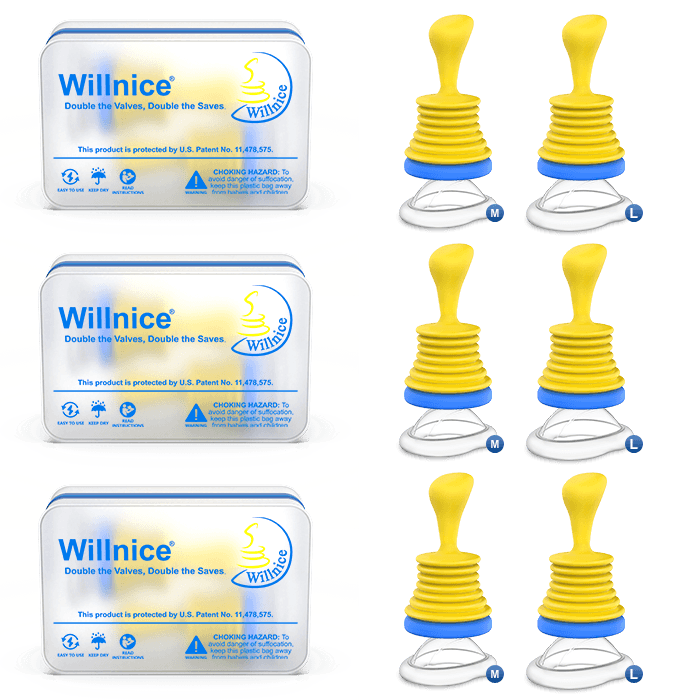
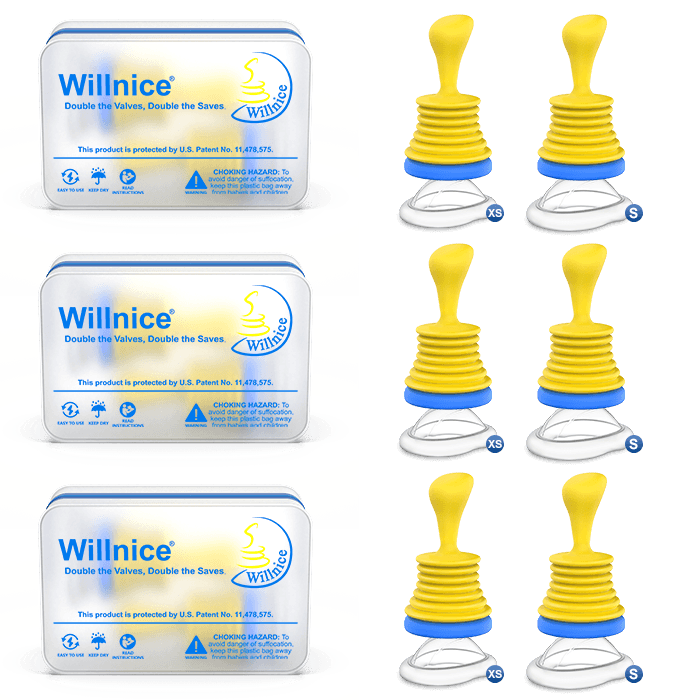
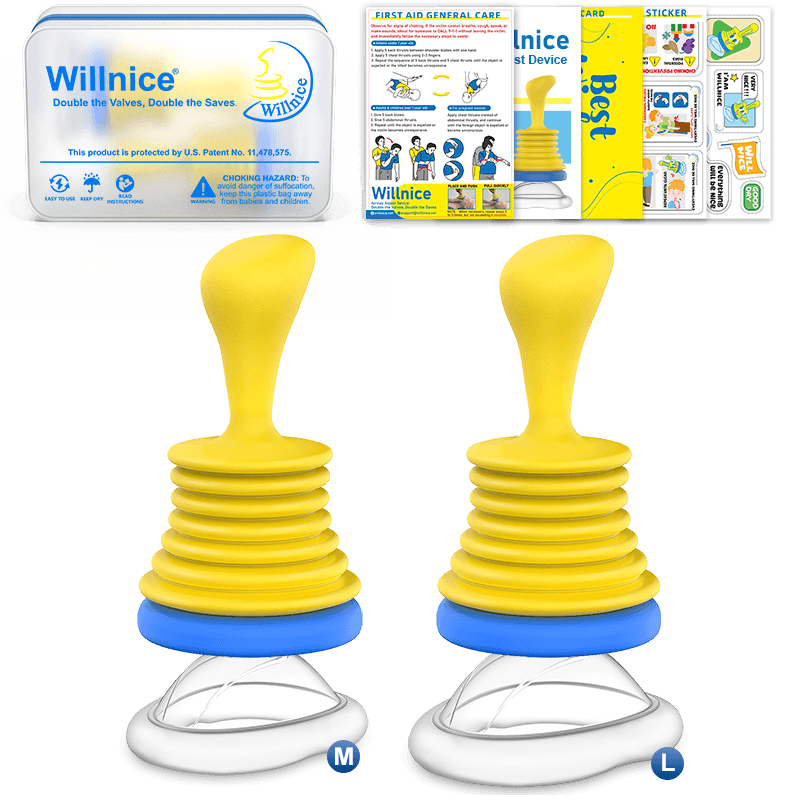
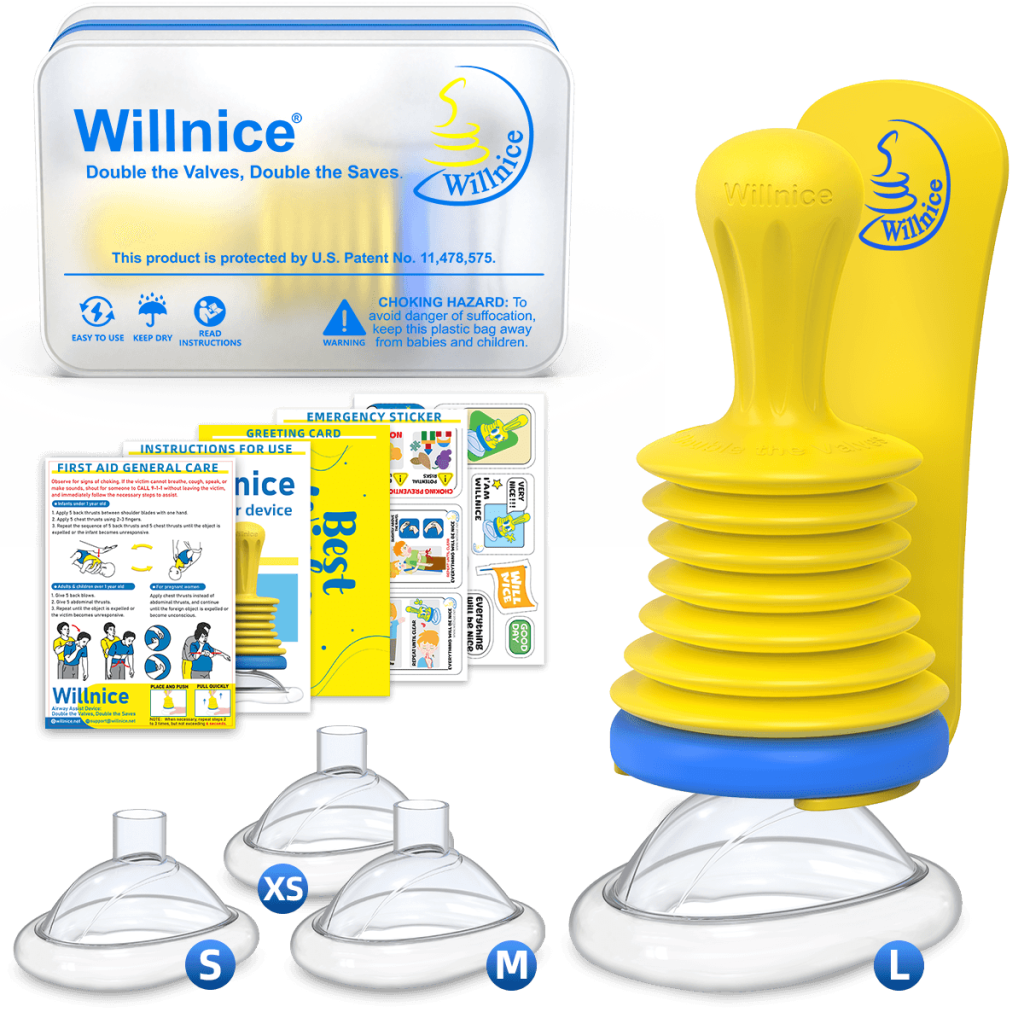


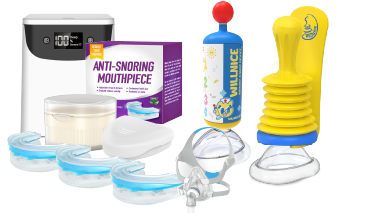

 Login with Google
Login with Google Login with Facebook
Login with Facebook